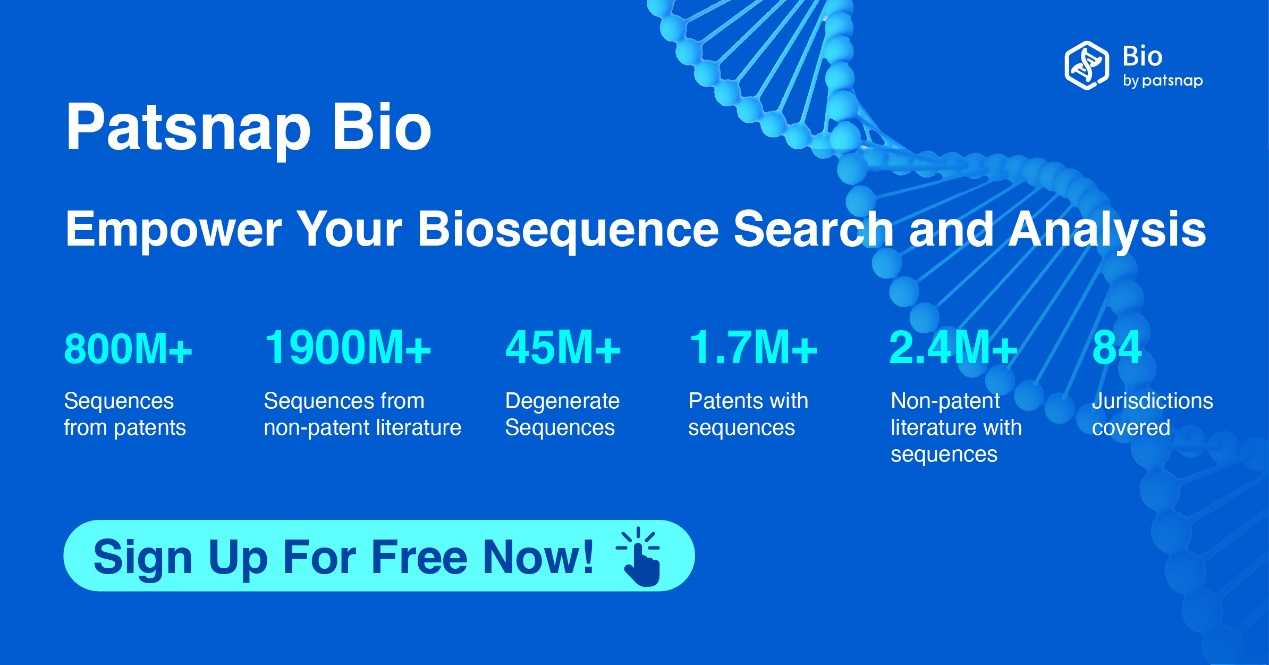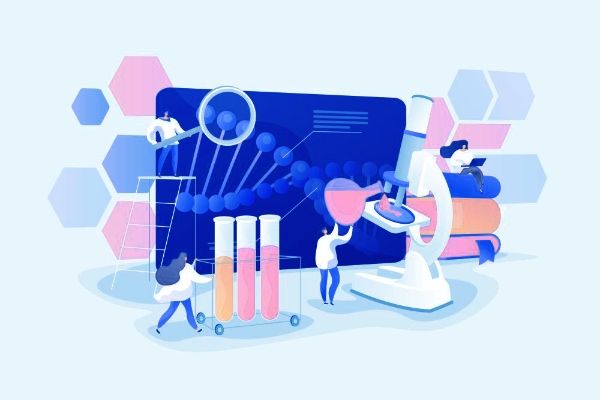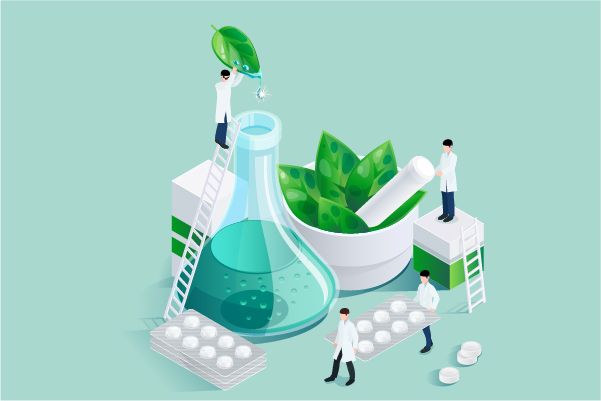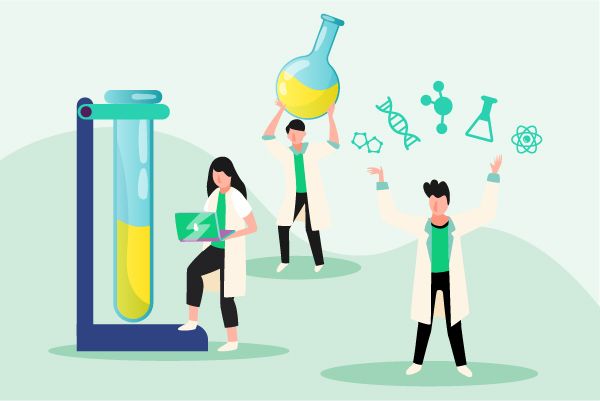Biological Glossary | What is Mutation?
In biology, a mutation is a permanent alteration to the nucleotide sequence of the genome of an organism, virus, or extrachromosomal DNA. These changes can include substitutions (where one base is replaced by another), insertions or deletions (where bases are added or removed), and more complex rearrangements. Mutations can occur due to a variety of mechanisms, such as: Errors during DNA replication or cell division (mitosis or meiosis)、Exposure to environmental factors called mutagens, which include ultraviolet radiation and chemicals that can damage DNA、Viral infections that can integrate into the DNA of a host、The action of mobile genetic elements, such as transposons, which can jump around within the genome and cause insertions or deletions.
Depending on where they occur, mutations can be classified as germline or somatic. Germline mutations happen in the reproductive cells (sperm and eggs) and can be passed on to offspring, thereby potentially affecting future generations. Somatic mutations occur in non-reproductive cells and are not heritable.
Mutations can have a range of effects on the phenotype, which is the set of observable characteristics of an organism. Some mutations may be neutral, having no apparent effect, while others can cause significant changes that might be beneficial, harmful, or neutral to the organism. In the process of evolution, these genetic variations provide the raw material upon which natural selection can act, leading to adaptive changes in populations over time. Additionally, mutations are significant in medicine and health as they can lead to diseases like cancer and contribute to the diversity of the immune system, allowing it to recognize and combat various pathogens.
Free registration is available for the Bio biological sequence database: https://bio.patsnap.com. Act now to expedite your sequence search tasks.




